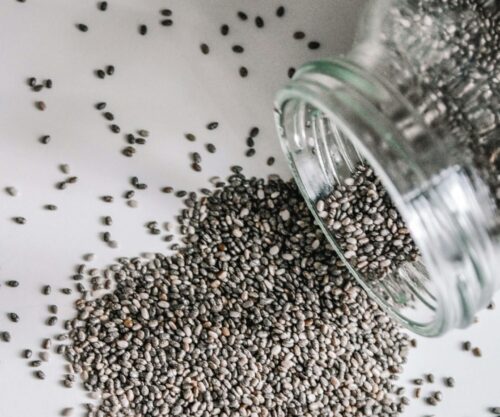
Excessive sweating is medically called hyperhidrosis. Hyperhidrosis causes a person’s body to sweat a lot more than normal, leaving one soaking in sweat. It sometimes happens for no apparent reason. Suffering from hyperhidrosis can be uncomfortable and can leave a person feeling embarrassed, something which may lead to anxiety and stress.
Explaining the causes of hyperhidrosis, the publication Very Well Health shares the following:
Causes of hyperhidrosis (excessive sweating)
The exact cause of primary hyperhidrosis isn’t known; however, it’s believed to be related to disorders of the nervous system, which cause sweat glands in the skin to be overactive. Most cases, however, are secondary and are attributed to health conditions and status. Common causes of this type include:
- Chronic diseases, such as diabetes and cancer
- Hormonal shifts
- Infections and injury
A wide range of chronic diseases and conditions lead to excessive perspiration, especially type 2 diabetes, obesity, Parkinson disease diabetes, and hyperthyroidism (overactive thyroid gland). Cancers, especially lymphomas, are also associated with it. Hyperhidrosis also often accompanies pregnancy and menopause. These are both characterised by changes in the levels of the sex hormone oestrogen.
Additionally, viral and bacterial infections, such as tuberculosis and human immunodeficiency virus (HIV), also provoke this symptom. Furthermore, hyperhidrosis can be a sign of stroke (bleeding in the brain) or the result of a head or spine injury.
Very Well Health also states that you should see a doctor if:
- You sweat excessively for prolonged periods of time due to unknown causes.
- You feel chest pain or pressure while sweating.
- Your sweats are accompanied by rapid weight loss.
- Your sweats occur mostly while you’re asleep.
- Fever, rapid heartbeat, or other signs of an overactive thyroid.
Also see: 5 Possible causes of blood clots during your period




